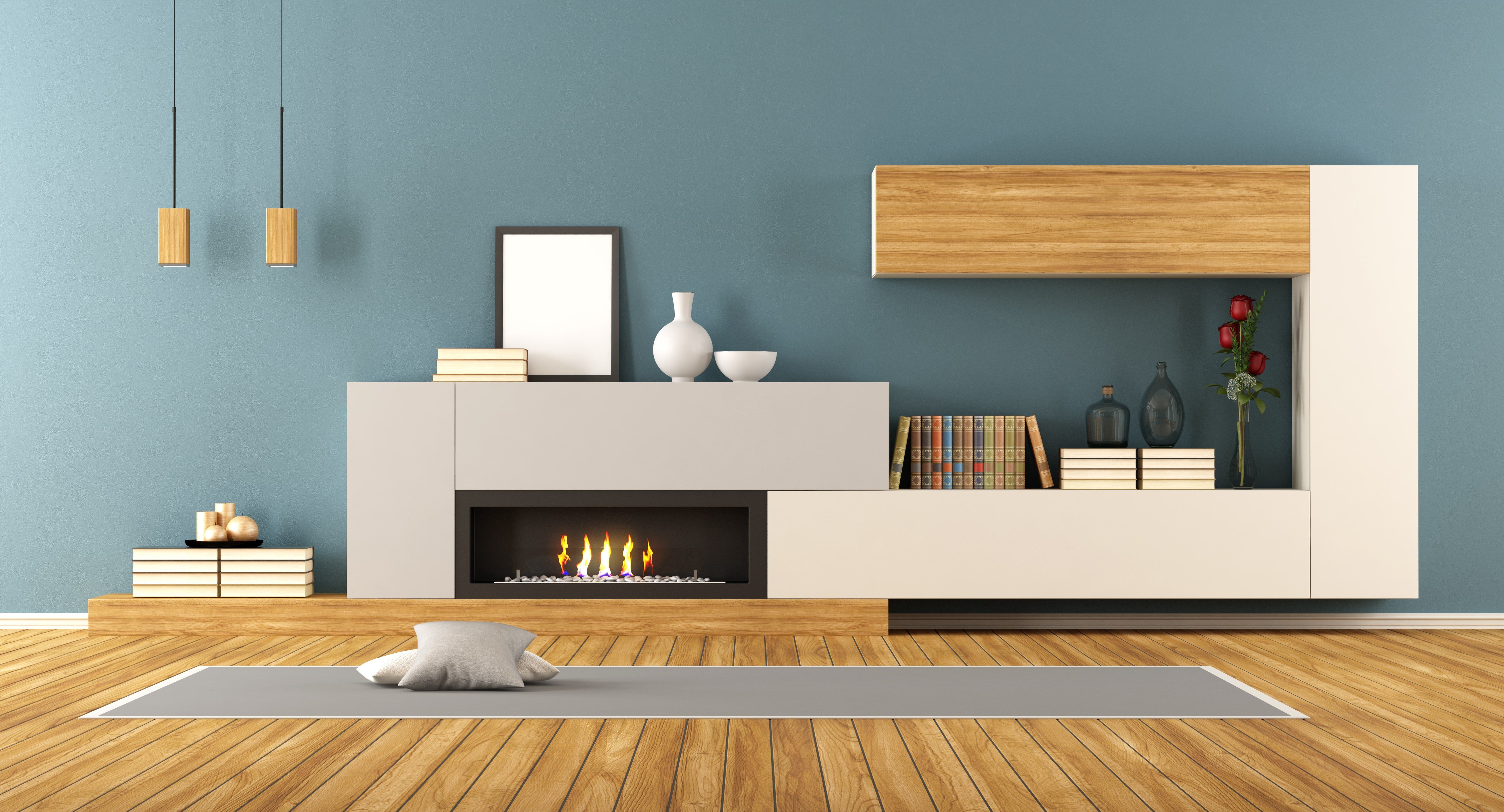The Ultimate Guide to Fireplaces in the UK: Types, Benefits, and Maintenance
Fireplaces have actually long been a valued function of homes across the United Kingdom. Serving not just as a source of warmth however also as a centerpiece for living areas, their appeal spans from traditional to contemporary styles. This guide will explore different types of fireplaces available in the UK, their benefits, necessary maintenance pointers, and regularly asked questions to assist you make informed choices.
Types of Fireplaces
Understanding the kinds of fireplaces can considerably impact your general home aesthetics and heating requirements. Below is a comprehensive table detailing common fireplace types discovered in the UK:

| Fireplace Type | Description | Fuel Source | Effectiveness |
|---|
| Wood-Burning | Traditional fireplaces that burn logs or wood | Logs, wood pellets | Moderate |
| Gas | Utilizes natural gas or LPG for benefit | Natural gas, LPG | High |
| Electric | Provides a tidy and maintenance-free option | Electrical energy | Varies |
| Bioethanol | Environmentally friendly alternative utilizing ethyl alcohol | Bioethanol | High |
| Open Hearth | Classic style without any glass front, open flame | Wood, coal | Low |
| Inserts | Up-to-date versions of wood-burning fireplaces | Logs, gas | High |
1. Wood-Burning Fireplaces
Wood-burning fireplaces are frequently considered the essential option, giving homes a timeless, rustic beauty. They include a firebox where logs are positioned, and typically feature a chimney for smoke ventilation.
Pros:
- Great for ambiance
- Can be utilized for cooking (in some designs)
Cons:
- Requires routine chimney cleansing
- Can be less effective than other types
2. Gas Fireplaces
Gas fireplaces are preferred for their convenience and performance. They can mimic the looks of wood-burning fires while supplying immediate heat with the flick of a switch.
Pros:
- Easy to use and preserve
- Tidy burning; minimal ash
Cons:
- Initial setup expenses can be greater
- Dependence on gas lines; less versatile in placement
3. Electric Fireplaces
Electric fireplaces are available in various styles and can be quickly set up in any room, frequently requiring very little setup.
Pros:
- Low upkeep and no chimney needed
- Safe for homes with kids and family pets
Cons:
- Higher energy costs depending upon usage
- Limited in regards to real flame result
4. Bioethanol Fireplaces
Bioethanol fireplaces are gaining popularity due to their environmentally friendly nature. They produce heat through an alcohol-based fuel and do not need a chimney or venting system.
Pros:
- Environmentally friendly
- Flexible setup alternatives
Cons:
- Fuel can be expensive gradually
- Heat output may vary
5. Open Hearth Fireplaces
An open hearth is a classic style often found in older homes. They provide a traditional look however tend to be less effective.
Pros:
- Aesthetic appeal; can be a work of art
- Great for large gatherings
Cons:
- Substantial heat loss
- Needs constant supervision
6. Fireplace Inserts
Inserts are confined systems that fit into an existing buy Fireplace Uk opening. They can be wood-burning or gas-powered and provide a modern service to enhance effectiveness.
Pros:
- Increased performance and less heat loss
- Aesthetic upgrade for old fireplaces
Cons:
- Installation can be made complex
- May require more area
Benefits of Fireplaces
Aesthetic Appeal
Fireplaces produce a warm and welcoming atmosphere that elevates the overall visual of a home. They can be personalized with various surrounds, mantels, and surfaces.
Heat Source
While some fireplaces serve primarily aesthetic purposes, numerous supply necessary heating, especially throughout the cold winter months. Effectively installed and kept fireplaces can considerably lower heating bills when compared to central heating.
Boosts Property Value
An appealing fireplace can improve a home's marketability and possibly increase resale worth. Many property buyers appreciate a properly designed fireplace as a preferable function.
Social Hub
Fireplaces act as collecting spots for friends and family. They provide a centerpiece for cozy nights and winter season celebrations, cultivating memories.
Upkeep Tips
Correct upkeep is necessary for guaranteeing the safety and performance of fireplaces. Below are a couple of suggestions to think about:
Chimney Inspection:Ensure annual inspections and cleansings to prevent chimney fires and ensure proper ventilation.
Flue Maintenance:Regularly inspect the flue system for obstructions, specifically throughout the cooler months when the fireplace remains in regular use.
Ash Removal:For wood-burning fireplaces, frequently eliminate ash to improve airflow and boost burning performance.
Check Vents:Ensure vents for gas and wood-burning appliances are clear and functional. Blocked vents can posture unsafe risks.
Fuel Quality:Use premium fuels advised for your fireplace type. Poor quality can cause ineffective burning and increased emissions.
Frequently asked questions
What is the very best kind of fireplace for my home?
The very best kind of fireplace depends upon your heating requires, visual choices, and setup possibilities. For a timeless aesthetic, think about wood-burning or open hearth. For performance and benefit, gas or electric alternatives may suit you better.
Are electric fireplaces safe?
Yes, electric fireplaces are generally extremely safe. They do not produce real flames, minimizing the risk of fire dangers associated with traditional fireplaces. Nevertheless, constantly follow producer's standards for installation and usage.
How frequently should I have my chimney cleaned?
It is recommended to have your chimney checked and cleaned up at least as soon as a year, especially if you use your fireplace routinely.
Can I transform an old fireplace into a gas or electric one?
Yes, numerous older fireplaces can be converted to gas or electric designs. Consulting a professional is necessary to examine your existing setup and compliance with safety policies.
How can I enhance the efficiency of my fireplace?
Improving effectiveness can consist of installing an insert, making sure correct ventilation, using experienced wood, and maintaining tidy flues and chimney systems.
Fireplaces in the UK supply more than simply warmth; they provide an unique blend of convenience, luxury, and performance.